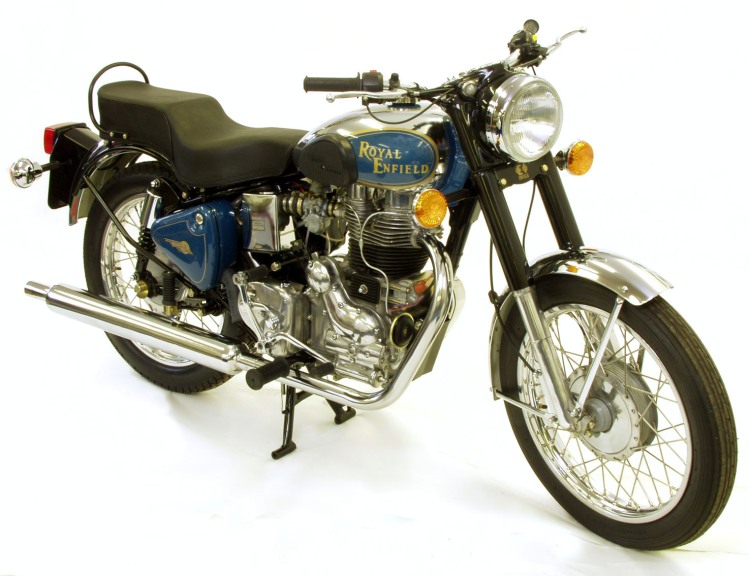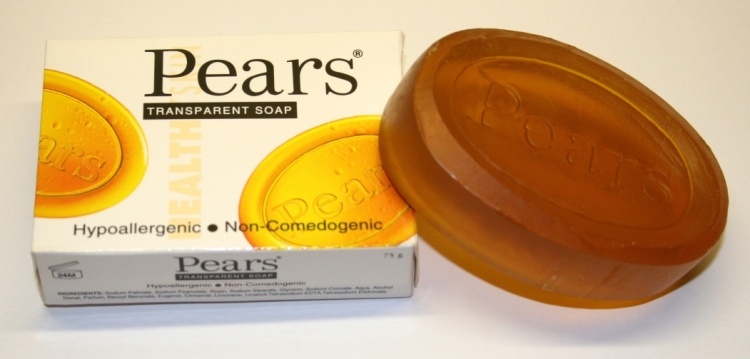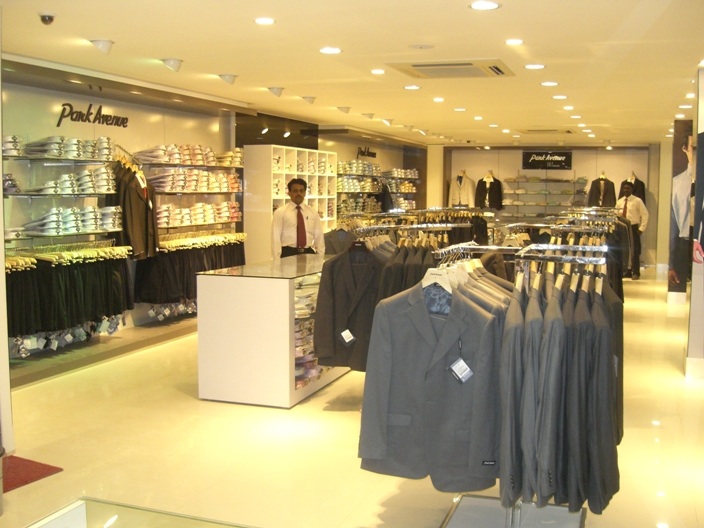About
a decade ago, I had gone with my wife to the market place for
purchase of a new TV set. We had gone to a big electronic store,
displaying TV sets of many brands and make. After seeing many TV
sets, we short listed 3 TV sets of different brands. The cheapest TV
of this lot of three was of rather unknown brand but had highest
number of facilities and was also cheapest of the three. The second
TV set was of comparatively familiar brand with slightly higher price
tag but had less number of extra facilities and the sound quality of
this TV set was the best of the three. The third TV set was of a very
famous Japanese brand, but had least number of facilities, much
poorer sound quality yet was highly priced and was the most expensive
of the three. We did lot of hard thinking and finally bought the most
expensive TV with least facilities because it had a famous brand
name. We felt that it was the safest bet and because of the brand
name, it would carry least risk for us and give us a good service.



I
am quite sure that this personal experience, which I want to share
with you, must be a common place experience for most of us. The
Psychologists might try and give us the true reasoning for such kind
of behaviour by us. But according to me the reasons are not too
difficult to explain. Firstly, all of us are always afraid of unknown
and prefer to think that a known devil is better than unknown Angel.
Because of this frame of mind, we do not want to trespass the limited
circle of our known world and experiment. Secondly, and this is the
most important reason of the two, we keep on comparing ourselves with
others in the society and prefer subconsciously to posses the same
thing that others in our peer group posses. This peer pressure forces
us to take such decisions even when logic tells us something us. That
is why we prefer branded goods and stick to them.
This
saga of brands happens to be just amazing and beats every bit of
reasoning and logic. A normal shoulder bag used by most of the city
dwelling ladies might cost around 7 or 8 hundred Rupees (16 US$) in
India. But if the same purse or bag has a label proclaiming a brand
name such as “ Luis Vuitton” or “Prada” or “Gucci” , the
same lady would be ready to happily part a huge amount which might
beat our imagination by a huge price. A good cotton shirts costs
about six or seven hundred Rupees(14 US $) yet if the shirt is
embroidered with a small emblem of a horse rider playing a game of
Polo, its price could jump to few thousands of Rupees(80 or 90 US$).
A brand value of a product just can not be explained by any logic or
reasoning at all.
My father had lived in England during world war II years (1940's).
Sometime in the 80's decade, I visited that country as a tourist. My
father, had told me that I should get for him a small pack of
biscuits made by a company called “ Huntley and Palmers.” He had
enjoyed those biscuits during his England days and would have liked
to enjoy the taste after so many years. I had to make lot of efforts
to get this biscuit pack, which no longer was very popular. I was
quite lucky to find biscuits of this brand in a shop in Cardiff and
brought few packs to India. My father was so happy, just to read that
name printed on the packs and thoroughly enjoyed the biscuits. I knew
after seeing the joy on my father's face that the efforts taken by me
were well worth it. This is the power of brands.
There
could be some justification for the brand value of some of these
brands. After all, when a lady has on her shoulder a Luis Vuitton,
she straight way joins the ranks of thousands of such women from all
corners of world, who wear this brand and can say that she has an
international image or follows international standards. In India
however, there are many popular brands, which once had a foreign
origin. The original products bearing this brand name are no longer
sold in the country of their origin and the brand name, which in many
cases, has been purchased by the Indian company, which still uses
that brand name. The products sold in India under such brand names
are now entirely designed and sold in India by a purely Indian
company, yet bear a foreign brand name and are extremely popular. Why
such products are preferred by Indians and why they have such big
brand value? Is something that is almost impossible to explain on a
rational basis. Yet the fact is well proven by the sales of such
branded products.

Here
are few typical examples of such( now purely Indian) brand names and
little bit of their history. The first example that comes before my
mind is the “ Royal Enfield Motor Cycle.” More than half a
century ago, the original British manufacturer of these motor cycles
shut down the production line of these bikes in England. Yet today in
India, this motor cycle still sells well in a competitive market
dominated by “Bajaj”, “Honda” and “Kawasaki.” In India
today, this motor cycle is considered the symbol of the male power
and has a tremendous brand value. During a visit to Ladakh region of
India in 2011, I found that 99.99 % of Motor cycles used there are
only Royal enfields even today. I met number of foreign tourists
there, who all preferred and praised this rugged bike for their
travels in Ladakh. The Enfield company was originally a gun and rifle
supplier to the British army. It is therefore generally believed that
this motor cycle is built like a rifle, rugged and reliable. More
than 60 years have passed since last British soldier left shores of
India along with his Enfield rifle. Yet the legend lives and Enfield
motor cycles still reign in India.

There
are many things fro our daily use, where the names and brands appear
totally foreign. Yet the fact remains that the owners of such brands
are all Indian companies. Pears soap, Reymond clothings, Horlics,
Exide batteries, Wills cigarettes, Brook Bond Tea are some of the
examples. Some of the companies with very foreign sounding names are
in fact now Indian companies. Examples such as Cox and Kings or
Crompton Greaves can be readily given. A company named as Crompton
was established in England in 1937. Another company named Spencer was
set up again in England in 1867. No traces of these companies are
found now in England, yet they are well known brands in India.
Similarly Woodwords is an existing brand name only in India, the
original British company is long gone.

Indian
market place makes an interesting place for study of brand values. In
other markets, international heritage of a brand usually suffices for
creation of a brand value. In India, besides International heritage,
the markets appear to have their own exclusive psyche.
p.s.
I just replaced my old TV set after 10 years. The trust I placed in
the brand value a decade ago now stands fully justified with the
good, trouble free service it has given me.
29
September 2012

There is a real risk in buying goods without a brand name. The higher cost of branded goods is definitely due to their providing money for the possible instance of failure and replacement.
ReplyDeleteSunil
DeleteMost of us would think on these lines. I agree. Thanks for your response